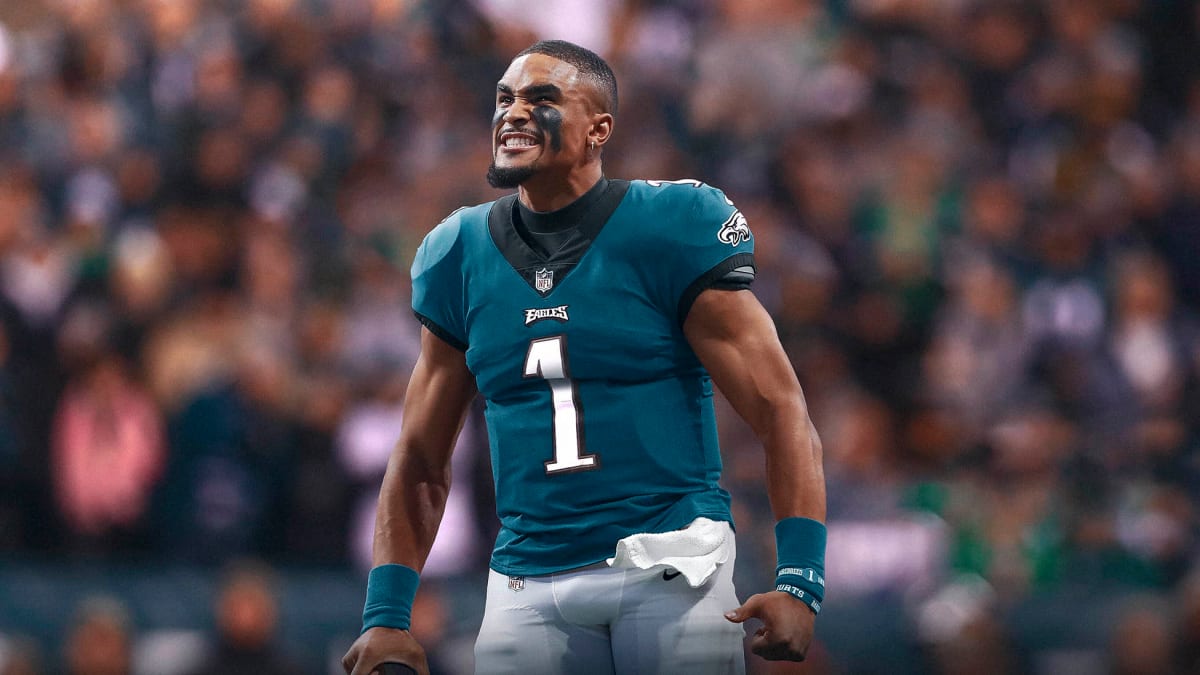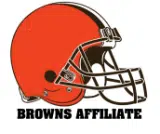He’ll play behind a star quarterback who has not made it through a season healthy since he was a rookie, in a system that has elevated QBs in the past. This is the kind of investment a smart franchise makes.
There are times when a team can outsmart itself by passing on the opportunity to draft for immediate need (cough, Packers). The Eagles’ selection of Jalen Hurts in the second round is not one of those times.
While Philadelphia’s roster is dented by a few glaring weak spots, one cannot forget that backup quarterback may be one of the most essential places on the Eagles’ roster. This is not a criticism of Carson Wentz, who, by no fault of his own, has failed to finish an entire season (including playoffs) since his rookie year. Instead, it’s both an acknowledgement of the recent past, a vote of confidence in their full-time starter and a smart economic maneuver.
Hurts, the former Alabama star who transferred to Oklahoma and threw 32 touchdowns in a brand-new offense, is almost certainly good enough to hold his value through the life of Wentz’s contract should he remain the backup. If he doesn’t play, he could still net the Eagles a decent return, given that he’s a talented player in a good, quarterback-friendly system with a track record of developing (or elevating) passers.
Hurts has also shown throughout his time at Alabama the ability to be a consummate teammate, which will represent a bit of a welcome shift for Wentz, who is used to being backed by experienced veteran quarterbacks tasked with mentoring him. Hurts can be both an able replacement and a valuable addition to the quarterback room that doesn’t represent an imminent threat.
The draft is a mix of micro and macro responsibilities. If anything, the Eagles satisfied the most immediate need with a first-round selection of TCU wide receiver Jalen Reagor and took their second-round pick to make a move that will plug a critical gap on the roster for years to come.
Perhaps it’s not a selection that most teams can afford to make, which is why it seems jarring in the moment. Coaches and general managers who are facing immediate pressure to win would not spend that kind of draft capital on a backup because they’re busy hucking darts at the wall trying to hit on an impact player (of which the chances are middling at best). The Eagles, having won a Super Bowl two years ago, are in a different stage of the long-term building process and can afford to make an investment of sorts. We might not understand the value of that investment until sometime down the road.
Everything You Need to Know About the NFL Draft: Sign up for Sports Illustrated’s newsletters and get complete NFL Draft coverage and analysis—delivered right to your inbox.














